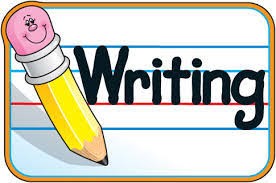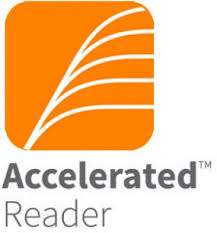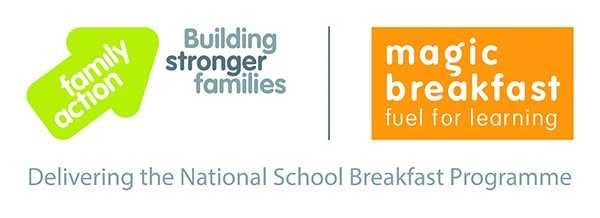English - Writing
Intent
South Avenue Primary School believes that writing is a key skill for life both inside and out of education and that is why it features across all the subjects taught across our school.
Our aim is to provide children with transferrable writing skills to build on year-on-year, that can be used throughout each phase of their education, and prepare them for secondary school.
Teaching children to write for a range of purposes and audiences can be very exciting, especially here at South Avenue where we provide children with a range of engaging hooks to capture their imagination. We aim to provide the children with varied reasons for writing and believe that this not only produces higher quality writing, but allows our learners to apply their skills in a range of different contexts.
Writing across all subject areas will prepare our children for secondary education and a more in-depth approach to analysing, planning and innovating their writing.
We recognise the importance of nurturing a culture where children take pride in their writing, can write clearly and accurately and adapt their language and style for a range of contexts.
Our aim is for ALL learners to achieve their full potential in writing and we are committed to providing the scaffolds and challenge needed in order for our children to achieve this whilst fostering a love of writing.
At South Avenue, we are excited about writing!
Implementation
These aims are embedded across our English lessons and the wider curriculum. We have a rigorous and well-organised English curriculum that provides many purposeful opportunities for reading, writing and discussion. Our curriculum closely follows the aims of the National Curriculum for English and, where appropriate, makes cross-curricular links. We use a wide variety of quality texts and resources to motivate and inspire our children and provide a wealth of enrichment opportunities, from authors visiting the school, book weeks, theatre visits and creative writing competitions. This ensures that children benefit from access to positive role models from the local and wider communities.
Children receive daily English lessons and are exposed to age-related expectations for writing within a range of texts. Writing and reading are closely linked and we ensure that children are reading daily in order to build on their knowledge of different genres of writing and develop their vocabulary.
Teachers demonstrate high quality modelling within each writing lesson and encourage children to include key vocabulary, structure their work appropriately into coherent paragraphs and use the grammatical skills and punctuation taught appropriate to their year group level.
Children are encouraged to deconstruct texts and identify key features for specific genres of writing. Teachers model the practising of these skills and children then apply them to their own writing. This ability to identify specific features we believe is a key skill across both reading and writing and will improve children’s comprehension.
As a school, we ensure that genres of writing studied run alongside the learning taking place in Guided Reading so that children are fully immersed in the text type and, where possible, to their cross curricular learning.
A high standard of non-cursive writing is modelled in EYFS and Year 1 with children being introduced to cursive handwriting in Year 2 or when appropriate. South Avenue Primary School ensures that children are aware of their strengths and areas for development in writing so that learners can take ownership of their progress, this is achieved through marking, one to one verbal feedback during the lesson or through additional inputs.
Curricucolour is also used to identify starting points/steps for learning and encourages children to self-assess and know what they need to do to progress.
Handwriting is taught and practised regularly and is expected to be evidenced throughout all written work in all subjects – once consistent, cursive handwriting is seen in a range of written pieces, children are awarded their pen licence.
Children who are identified as not achieving age-related outcomes and/or those on the SEN register may be assessed against the outcomes for the year group below. Daily interventions/support may be put in place in order to accelerate writing skills in this case. The nature of the intervention will be decided by the teacher and the SENDCO. Support in class may include small group work with an adult during lessons to model key skills, scaffolds created by the teacher to assist with completion of work and word banks/sentence openers provided to assist the child when writing.
Impact
- Pupils will enjoy writing across a range of genres.
- Pupils of all abilities will be able to succeed in all English lessons because work will be appropriately scaffolded.
- Pupils will have a wide vocabulary that they use within their writing.
- Pupils will have a good knowledge of how to adapt their writing based on the context and audience.
- Pupils will leave primary school being able to effectively apply spelling rules and patterns they have been taught.
- Parents and carers will have a good understanding of how they can support spelling, grammar and composition and home, and contribute regularly to homework.
- The % of pupils working at EXP+ within each year group will be at least in line with national averages.
- The % of pupils working at Greater Depth within each year group will be at least in line with national averages.
- There will be no significant gaps in the progress of different groups of pupils (e.g. disadvantaged vs non-disadvantaged, girls-boys).








